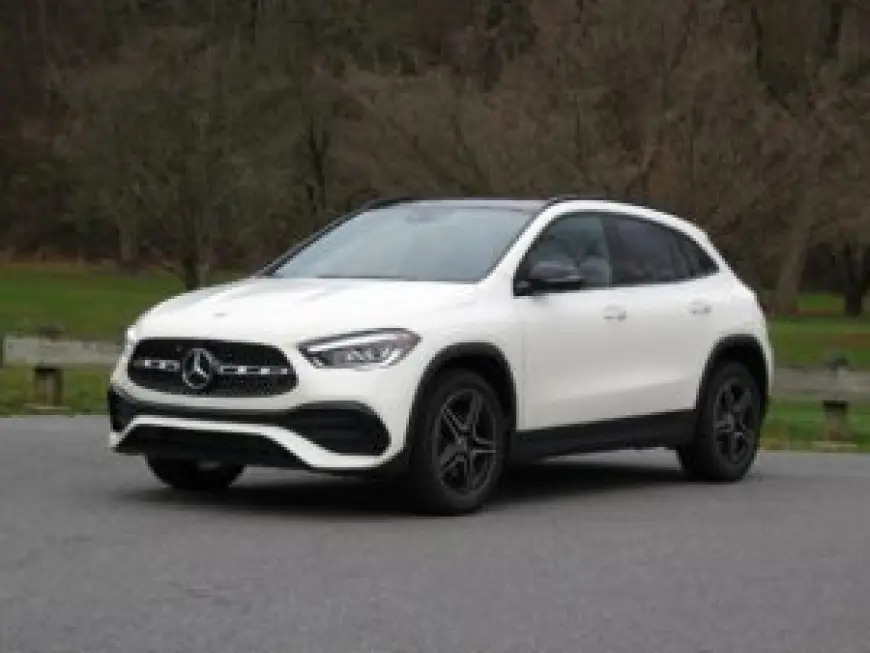Why Are American Cars Cheaper Than Imports? The Hidden Truth

When shopping for a new car, you might have noticed that American-made vehicles often come with lower price tags compared to their foreign counterparts. But why is that? Are American cars inferior, or is there more to the story?
In this blog post, we’ll uncover the hidden reasons behind the price difference between American and imported cars. From manufacturing costs to tariffs and consumer perceptions, we’ll explore the key factors that make American cars more affordable—and whether cheaper always means better.
1. Lower Production and Labor Costs
One of the biggest reasons American cars are cheaper is the reduced production and labor costs. Many foreign automakers, especially those from Europe and Japan, face higher wages, stricter labor laws, and more expensive manufacturing processes.
-
Labor Costs: In the U.S., automakers like Ford, General Motors, and Chrysler (now Stellantis) benefit from lower labor expenses compared to German or Japanese manufacturers.
-
Local Sourcing: American car companies source many parts domestically, reducing shipping and import fees.
-
Economies of Scale: With large factories and high production volumes, U.S. automakers can spread costs over more vehicles, lowering the price per unit.
2. Tariffs and Import Taxes Increase Foreign Car Prices
When foreign automakers sell their vehicles in the U.S., they often face additional costs:
-
Import Tariffs: The U.S. imposes tariffs (taxes) on imported cars, which can add thousands to the final price.
-
Regulatory Costs: Meeting U.S. safety and emissions standards can require costly modifications for foreign brands.
These extra expenses get passed on to consumers, making imported cars pricier than their American competitors.
3. Currency Exchange Rates Affect Pricing
Exchange rates play a significant role in car pricing. If the U.S. dollar is strong compared to the euro or yen, European and Japanese automakers may need to raise prices to maintain profits.
For example:
-
A car built in Germany and sold in the U.S. must convert euros to dollars. If the dollar weakens, the price goes up.
-
American-made cars don’t face this issue since production and sales happen in the same currency.
4. Brand Perception and Luxury Markups
Many imported cars, especially European brands like BMW, Mercedes-Benz, and Audi, are marketed as luxury vehicles. This branding allows them to charge premium prices, even if production costs aren’t drastically higher.
-
Prestige Pricing: Consumers often associate foreign cars with higher quality, performance, or status, justifying the extra cost.
-
American Brands Focus on Affordability: U.S. automakers like Chevrolet and Ford prioritize budget-friendly models, appealing to cost-conscious buyers.
5. Lower Shipping and Logistics Costs
Shipping cars across oceans is expensive. Imported vehicles must be transported via cargo ships, then distributed across the country, adding thousands in logistics costs.
-
Domestic Production = Lower Transport Costs: American cars built in the U.S. don’t face these fees, keeping prices down.
-
Just-in-Time Manufacturing: Some foreign brands maintain U.S. factories (e.g., Toyota, Honda) to avoid import costs, but many still rely on overseas production.
6. Government Incentives and Subsidies
The U.S. government provides tax breaks, grants, and subsidies to support domestic automakers. These incentives help reduce production costs, allowing American brands to offer more competitive pricing.
-
Bailouts and Tax Credits: During economic downturns (like the 2008 financial crisis), the U.S. government bailed out GM and Chrysler to keep them afloat.
-
EV Incentives: Today, American-made electric vehicles (like Tesla and Ford’s Mustang Mach-E) qualify for federal tax credits, making them cheaper than some imports.
7. Simpler Designs and Fewer High-End Features
While not always the case, American cars sometimes use more standardized, cost-effective designs compared to high-tech European or Japanese models.
-
Less Fancy Tech: Some foreign cars come loaded with advanced features (e.g., adaptive suspension, premium sound systems), increasing their price.
-
American Cars Focus on Practicality: Many U.S. models prioritize affordability and reliability over cutting-edge gadgets.
8. Resale Value Differences
Interestingly, while American cars are cheaper upfront, some imports hold their value better over time.
-
Higher Depreciation for American Cars: Brands like Chevrolet and Dodge tend to lose value faster than Toyota or Honda.
-
Long-Term Cost Considerations: Even if an import costs more initially, its stronger resale value could make it a better investment.
Are Cheaper American Cars Worse Than Imports?
Not necessarily. While some consumers believe foreign cars are inherently better, American automakers have made huge strides in quality, technology, and reliability.
-
Improved Reliability: Brands like Ford and Tesla now compete with foreign rivals in dependability rankings.
-
Better Warranties: Many U.S. manufacturers offer competitive warranties (e.g., Chevrolet’s 3-year/36,000-mile bumper-to-bumper coverage).
-
Performance Models: American muscle cars (like the Mustang and Corvette) rival European sports cars at a fraction of the price.
Conclusion: Should You Buy American or Imported?
The decision comes down to your budget, preferences, and priorities:
✅ Buy American if:
-
You want the best upfront price.
-
You prefer lower maintenance costs.
-
You support U.S. manufacturing jobs.
✅ Buy Imported if:
-
You prioritize brand prestige or luxury features.
-
You want higher long-term resale value.
-
You prefer specific engineering (e.g., German performance or Japanese fuel efficiency).
Ultimately, both American and imported cars have their pros and cons. By understanding why American cars are cheaper, you can make a more informed choice that fits your needs—and maybe even save thousands on your next purchase.
For the best deals on cars, accessories, and more, check out Go Amazon Go—your one-stop shop for automotive savings!
What's Your Reaction?
 Like
0
Like
0
 Dislike
0
Dislike
0
 Love
0
Love
0
 Funny
0
Funny
0
 Angry
0
Angry
0
 Sad
0
Sad
0
 Wow
0
Wow
0


















































